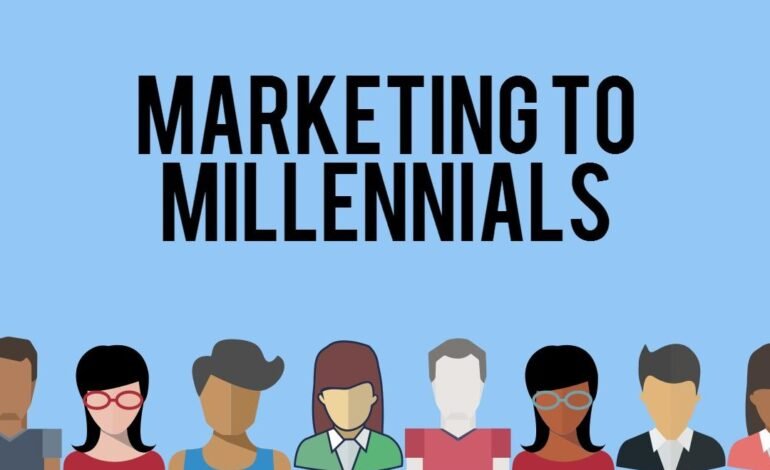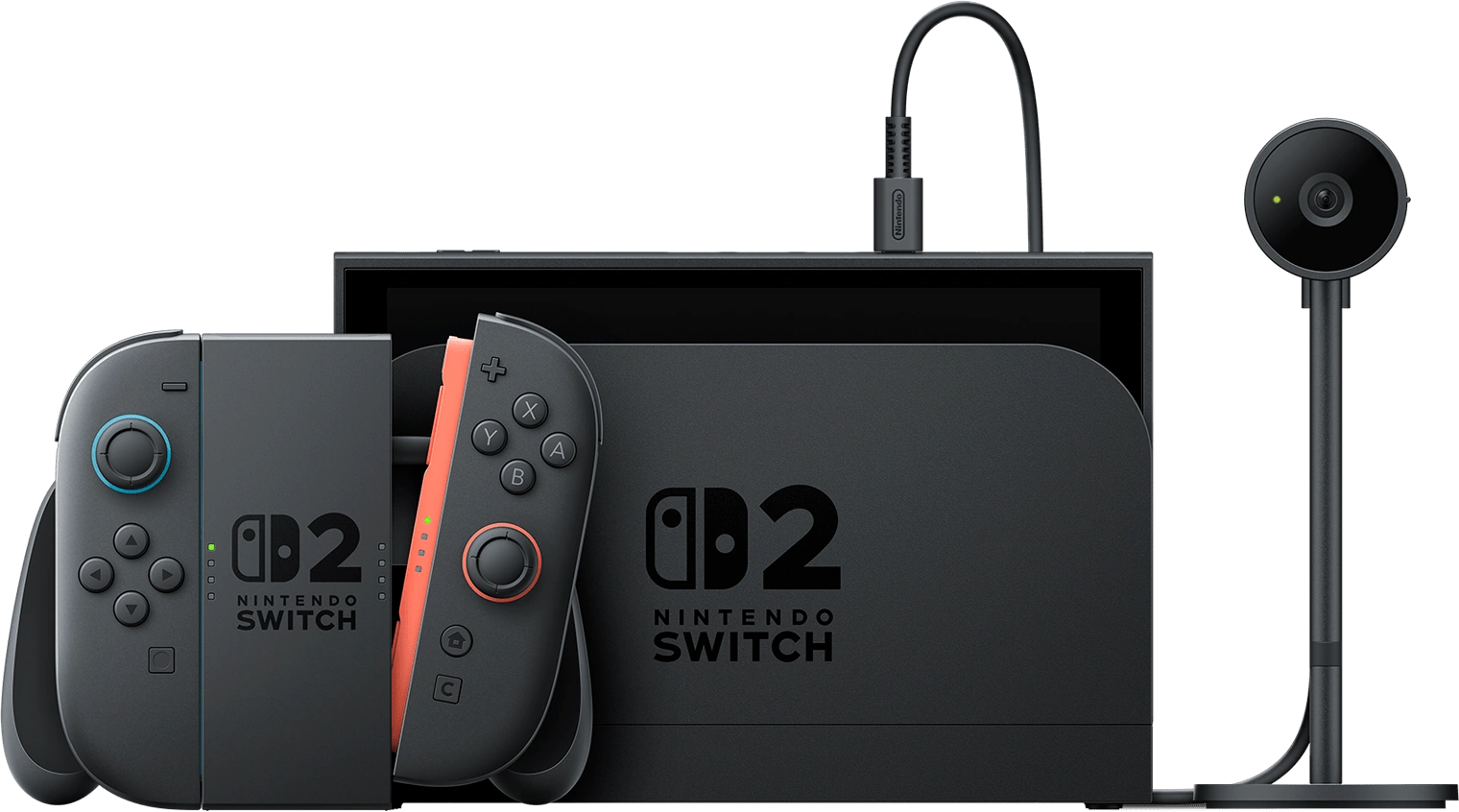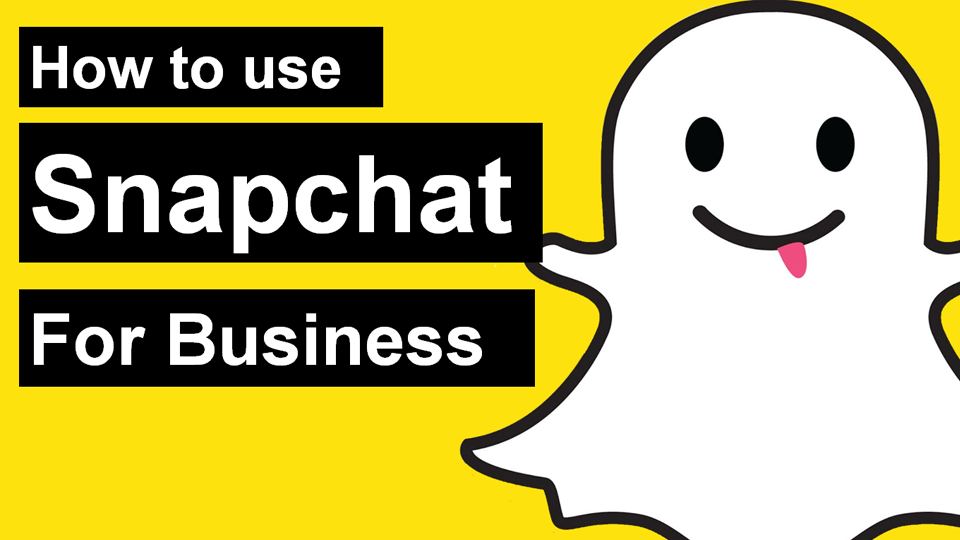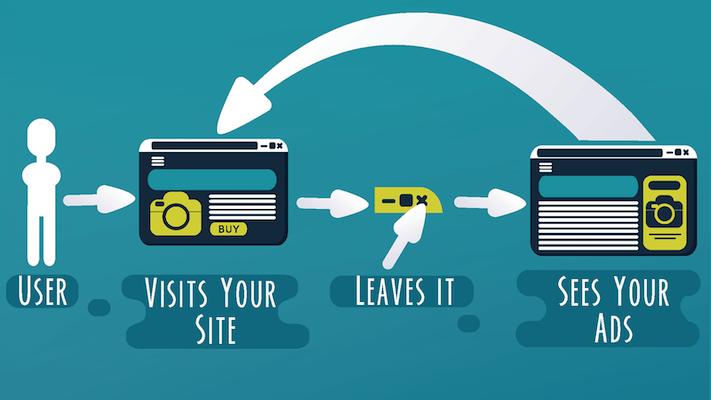How to reach millennials? The big consumers of content

Did you know that… Millennials already represent 50% of global consumption. This generation is the most coveted by online marketers, but the same strategies as with their parents no longer work.
If you want to reach millennials, you have a big trump card in your favor: members of this generation are big consumers of content. And thanks to the latest studies, we are getting to know their habits and preferences in this regard better and better. So today I want to tell you the latest keys to conquer millennials with your content marketing.
What are the preferred media and formats of millennials?
According to a Nielsen study on millennials’ use of music and digital communication, millennials are less likely to stay loyal to a single medium, but consume a huge amount of content per week.
Here are some statistics that help us better understand millennials as content consumers:
- Millennials use mobile phones at all hours of the day. Many of them even leave their mobile phone at hand and on while they sleep. This trend is so great that, during the first four months of 2017, people between 18 and 34 years of age used their mobile phones for 78,000 million minutes a week, that is, an average of 1062 minutes per person per week.
- Millennials aren’t loyal to any particular app; in fact, they tend to run multiple apps at once. About 70% of them use two or more apps just to send messages; Among consumers over 25, this figure is only 42%.
- Surprisingly, millennials have not stopped listening to the radio: in fact, 93% of them use this medium at least once a week, and the average is 10 hours and 14 minutes.
- On the other hand, the use of on-demand streaming has increased in the past year. The growth of this medium has been 76.4%, and a large part of this increase is due to the consumption of content by the millennial generation. Around 60% of them use two or more apps to listen to music.
- Another opportunity to reach the millennial generation is podcasts, with 37% of millennials listening to podcasts at least once a week and 13% daily.
- As can be deduced from the above, the trend among millennials is to use many digital services at the same time. Earning their continued loyalty is very difficult, but the good news is that new options have a chance, and old ones don’t have to be replaced.
Millennials as content consumers
Earlier this year, Nielsen released one of the most interesting studies on this generation to date: Millennials on Millennials. As its name suggests, the particularity of this survey is that it has been carried out by members of this generation, who logically are the ones who understand it best. And so, they have managed to identify three broad trends that, together with the statistics in the previous section, help us understand millennials as content marketing consumers.
Millennials love TV-connected devices.
Television has not yet lost its privileged place in terms of content consumption, as it continues to be the main source of video. However, millennials spend only 66% of their video consumption time in front of the TV, compared to 89% of those over 35.
This time has been replaced by TV-connected devices such as DVDs, video game consoles, and digital streaming devices. This type of media occupies 23% of millennials’ video time.
Millennials are a distracted audience.
The Nielsen report studied the behaviour of this generation in the face of a series of programmes broadcast at prime time. The result was that millennials didn’t usually switch channels during ads… because they took advantage of them to entertain themselves with their cell phones.
Millennials are open to consuming advertising, as long as it is in exchange for having free content on their mobile phones. 79% of them say they understand the need for advertising for brands to inform the public about their products and services, and many say that ads do not bother them (specifically, 46%). For marketers, this represents a great opportunity to get their value proposition out to the audience and to create campaigns that take full advantage of the use of multiple screens.
Another particularity of millennials is that they are a “distracted audience” and therefore remember ads less than other generations.
Millennials love social media celebrities.
Social media stars are acquiring the same status and status as “lifelong” celebrities. When respondents were asked who their five favorite celebrities were, many of them included people known for their popularity on social media, such as Jenna Marbles.
These personalities are not only well-known but also liked more than other celebrities, such as athletes, pop singers, or actors. Moral of the story: When looking for the face of your next campaign aimed at millennials, think about social media first.
5 keys to seduce millennials with your content
Let’s get into the matter: we already know what millennials are like as content consumers, but what does it take to win them over? Take note of these five keys to design your next content marketing campaign.
1# Authenticity
When it comes to consuming information, 43% of millennials consider authenticity to be the main value, above the content itself (valued by 32% of respondents).
Although they are open to consuming advertising, more traditional stratagems and “selling smoke” do not work with millennials. Accustomed to contrasting everything on the internet, they only trust brands that show themselves to be authentic and sincere and that act by the values they proclaim.
2# Transparency
Millennials are children of the crisis and do not trust companies at first glance. If you want to seduce them, you’ll need to prove your honesty, show who you are, and be willing to answer questions.
58% of young people expect brands to publish content online before deciding to make a purchase, so you want information about your products and services to be readily available. Remember that they are very likely to check this information against other sources, so make sure you tell the truth, only the truth, and the whole truth.
This value is closely associated with ethics, another factor that millennials take into account in their purchasing decisions. So much so that 4 out of 10 do not mind paying more for a green product. They are an idealistic generation and generally seek to fulfill themselves and leave a positive mark on the world. Help them achieve it!
3# Social media presence
Millennials aren’t loyal to a single app or social network, but these form a very important part of their lives. They no longer want to be mere passive consumers, but an active part of the products and services they purchase.
To get to the hearts of millennials, you have to be willing to have an open conversation with them. And for this, the most appropriate medium is social networks.
But not only that: millennials don’t just see social media as a channel for conversation and interaction, but as a place for decision-making and product development. So you’re interested in having them every step of the way.
4# Adaptability
As we have already seen in the first section, millennials use their mobile phones for several hours each day. If you want your brand to reach them, your content will have to be perfectly adapted to these devices.
Of course, it’s essential to have a responsive design, but try to go one step further. Does it make sense to create an app for your brand? How could you add value with it? Think about all the possibilities offered by being on a portable device, such as geolocation or the possibility of interacting with elements of the real environment.
5# Inclusion
If there’s a magic formula for reaching millennials with your content, it’s this: make them feel part of your brand, let them know that their opinion counts. Listen to their proposals, proactively seek their opinions, and involve them in the creation of your products from the first moment. After all, they are the ones who can best explain what they need. And to put the icing on the cake, make it very clear to them that their suggestions are taken into account.
Centennials, the next generation
Do you think you’ve finally managed to understand what millennials want? Congratulations! It’s time to get on with the next generation.
Centennials are people born around the turn of the century, that is, today’s adolescents (between 13 and 18 years old). If you want your brand to have a future, you are interested in knowing their needs and preferences. The following characteristics will help you define them:
- They are digital natives. While millennials still remember a childhood (and perhaps adolescence) without the internet, for centennials, it has been a part of their lives practically from the beginning. This makes them move like fish in water in the digital world.
- They are less idealistic and more pragmatic. While millennials often want to change the world, centennials know that the options are more limited. 60% prefer to be guaranteed that they will never be poor rather than have the possibility of becoming a millionaire.
- They are less consumerist. Another characteristic that separates them from millennials is that 72% of them consider that having new things is overrated, as long as the needs are covered. They also value fashion less than older generation teenagers. This poses a challenge for brands, which are forced to prove themselves.
- Finally, centennials are socially engaged. They are skeptical of politics, but they care about maintaining sustainability, so green and committed brands have an easier time gaining their trust.
Taking into account these general characteristics, you can adapt your content marketing to the next generation. You should also know that they have some differences with their older siblings when it comes to buying:
- They are careful when making purchasing decisions. They don’t usually fall into quick impulses, but instead spend time researching prices, reading product reviews, and comparing different brands.
- They need quick answers. Raised with new technologies, centennials have become accustomed to accessing it now! to all the answers they need, so brands have to live up to their demands.
- They make more offline purchases than millennials. Interestingly, centennials use e-commerce less and physical stores more, compared to the previous generation. Of course, most of the pre-purchase research is still carried out online.
- They care about quality. For centennials, a quality product is more desirable than a cheap one. That’s why no less than 95% of them look for online reviews before deciding to buy a product, and more than half read at least four reviews. They trust this type of content more than the opinions of their friends on social networks.
- They need brands to count on them at all times. It’s no longer enough to have a single point of contact, but ecommerce, your brand’s website, and physical stores must offer a seamless and coordinated experience.










